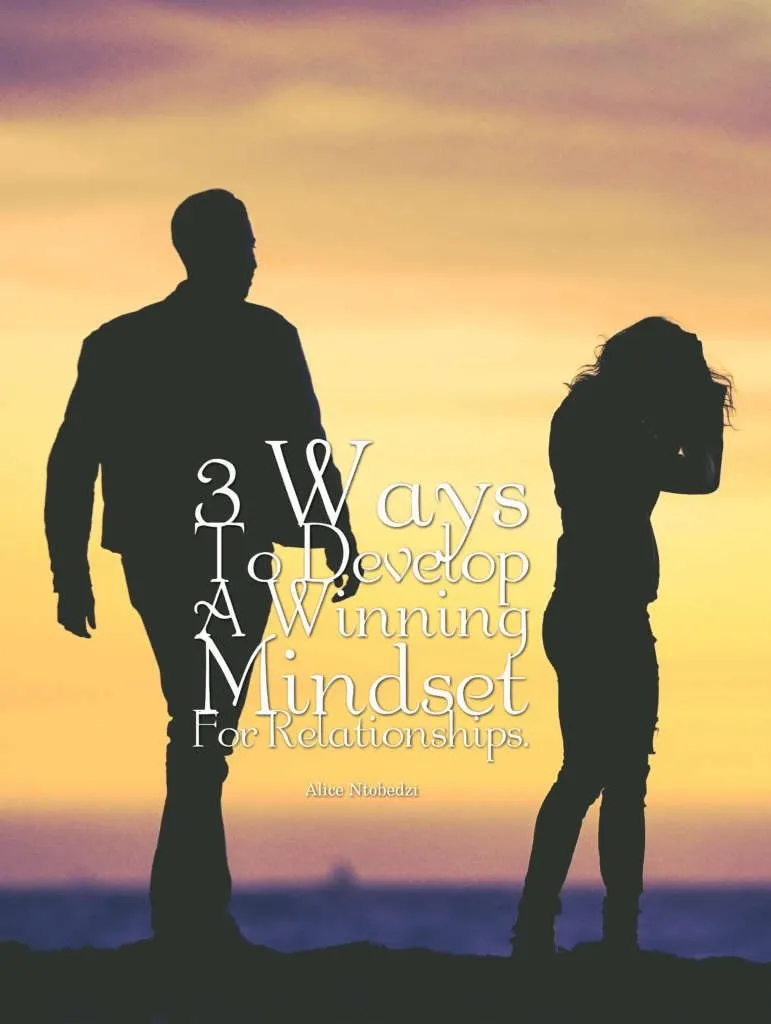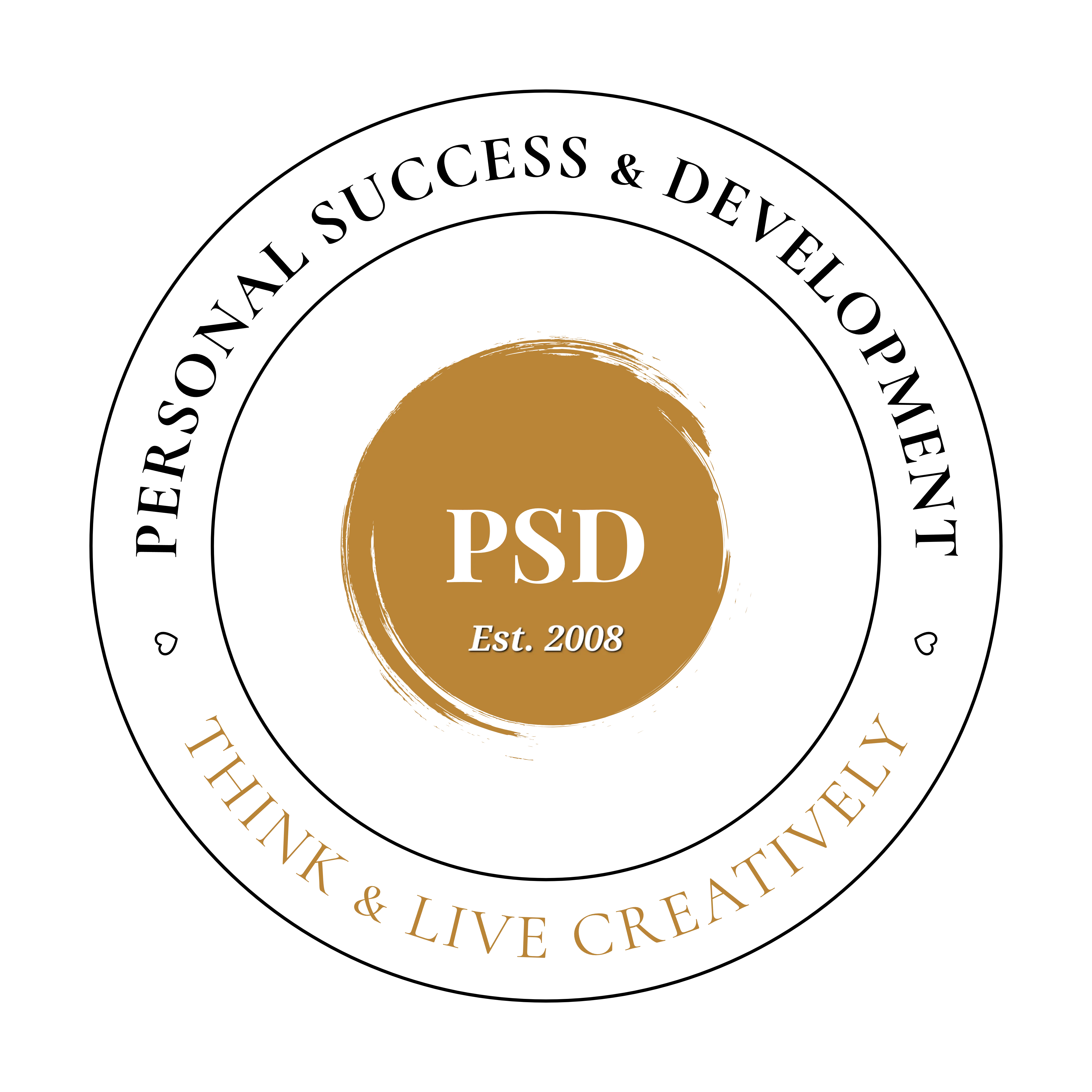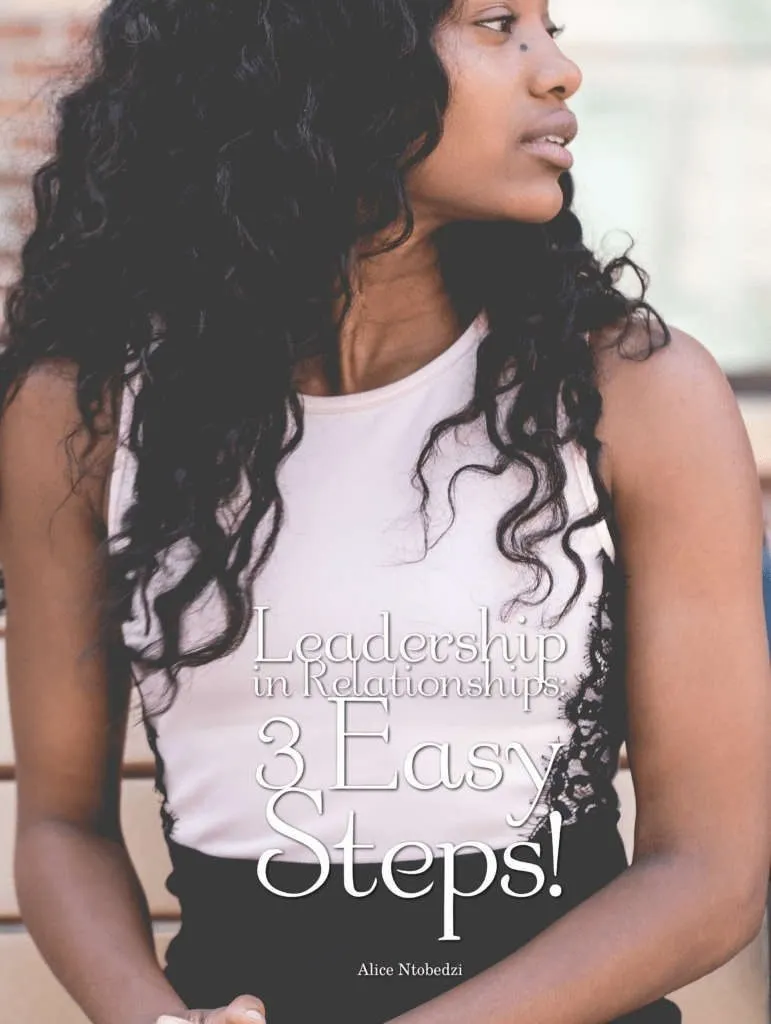3 ways to develop a winning mindset for relationships.
3-ways-to-develop-a-winning-mindset-for-relationships

When we were children, our developing brains were vulnerable; we didn’t have the cognitive skills and the capacity to critically evaluate the information presented to us by others. Before the age of 13, most of our mental processes were unconscious as our conscious mind had not yet developed fully. We, therefore, easily trusted the information we received from others, rarely questioning it. We made meanings out of our observations, and we created models about our world, including those about relationships based on our interactions with our caregivers. This early stage of our lives is critical because this is the time when we form beliefs and perceptions which later determine how we view and act out in our own relationships.
The Merriam Webster dictionary defines a belief as “a state or habit of mind in which trust or confidence is placed in some person or thing.” The word unconscious on the other hand is defined as “not knowing or perceiving; not aware.” The key words to note about ‘unconscious’ and ‘beliefs’ are ‘not aware’ and’ ‘habit’.
Because of how the unconscious mind works, all that you learnt in your early life formed your habitual thinking, which operates from outside of your awareness and creates predictable outcomes in your life, good or bad. If you formed limiting beliefs about relationships in your childhood, these beliefs would powerfully sabotage the success of your relationships in adulthood, as your mind has blind-faith in those beliefs and their relevance in your life now, is not questioned. To the extent, you would even learn to call it your fate.
It is not the intention of your unconscious mind to sabotage your experiences; it purely works on an ‘input and output’ process. It does not question your relationship model or beliefs; only your conscious mind can do that. Your conscious mind is your rescuer here. As an adult, you have developed an array of cognitive skills which you can employ to change old thinking patterns. In this article, we will discuss how you can do that using the principle of asking quality and empowering questions.
Let’s look at what they are:
A lot of our beliefs are assumed by default.
“If you believe something for long enough, it will harden into a fact.” – Neville
Beliefs are not facts, so they can be changed. Questions are the best way to help you dig into your thinking and see if you can think differently about a situation that might have gotten you stuck. Changing your beliefs also changes your habitual patterns.
What’s your relationship story and beliefs?
a. Limiting belief example: “I will never be able to trust anyone.”
Where is this coming from? Probably you saw one of your parents or parent-figures cheat on their partner. Or maybe you were cheated upon. And you made a highly generalised belief that no men/women can be trusted. Or that you’re never going to find a trustworthy partner.
However, what if you were willing to assign a different meaning to your past experience? Because remember, that nothing means anything except the meaning we give it. So, you have the opportunity to make your past experience mean that it was a one-off. And that you had a lesson to learn through it. What lesson can you take from the incident and how can you use it for the benefit of your future loving relationship?
b. Another limiting belief example is: “I am afraid that he/she will leave me.”
Again, reflecting on where this belief is coming from, what are the lessons in there, and how you can use the lesson from your past to design a loving relationship in the future, would be some helpful directions to go in.
c. Yet another limiting belief is “There are no good men/women around.”
Again, if you can think rationally, and look around, you’ll find many others who are in happy relationships. This only means that there are men and women out there who are able to create a loving environment for their partner. It might just be that your own belief has created your reality and it is standing in your own way of a loving relationship.
Your brain is adaptable to change.
Your unconscious mind only repeatedly chooses the same old relationship experiences because you have not taught it otherwise. The good news is that you can change your fate. In its wisdom, nature ensures that we always have an option in life, neuro-plasticity is the answer. Neuro-plasticity is the brain’s ability to reorganise itself throughout life. The brain can compensate and adjust its activities in response to changes you make with your mindset. When you change your old beliefs, your brain adapts its structures by creating new neural pathways, forming new thought patterns that enhance your mindset, improve how you respond to the world around you and support your new self-image.
Asking quality questions is a powerful psychological principle that can help you override pre-determined beliefs that have led to relationship problems and self-sabotaging patterns.
For example: if you have held a belief such as ‘I am unlovable’ since childhood, this belief would have also been reinforced over and over by other experiences later in your life where you perceived, for example, that you failed in relationships. A belief held for a long time strengthens the neural connections in the brain and forms an ingrained neural network due to repeated thinking patterns. It is why you would readily accept a long-held belief as a fact, and act accordingly. I repeat; a belief is not a fact.
Here, what I want to bring to your awareness is the positive experiences you might have had, but which you would have conveniently ignored or not given yourself any credit for. This not only happens in relationships but in almost all other areas of life.
For example, a woman, who has believed all her life, that she can’t be successful in her business because she’s very disorganised and messy in her way of working, might be able to tap into some positive reference points when her attention is drawn to her love for cooking and managing meals for a large family of 5. This is a case of misplaced resources. She has within her the resources to be organised. And we’ve just drawn her attention to the area from where she can bring those resources in her business mindset. This might seem out of context, but actually, it’s not.
Ask yourself this question – where and when did you succeed at relationships? When was a time that you felt truly and deeply loved? When was a moment when you gave unconditional love to someone and it was reciprocated equally? The fact that you actually had a relationship is a good starting point of evidence. You can build on that experience and work on your relationship blind spots and increase your self-worth.
The power of intent.
Another way questions can be helpful is that they help focus our intent. Often we are unaware that we intentionally create our outcomes through our thinking – whether they are desirable or not. So even though you’re desiring a particular positive outcome, deep in your heart, you’re also fearing the worst, it’s your fear-based thinking which is dominant and bringing your undesirable outcome to life.
So the next time you find yourself feeling anxious about a particular life situation, ask yourself, how can I change my focus? Your focus is not much different to the focus of a torchlight. In a dark room, wherever you focus the light of the torch, that part of the room will be brightened and visible. And everything else will be removed from your vision.
What you focus on is what you get, to the exclusion of everything else. So you don’t have to just think about what someone else taught you, but you get the freedom to ask the question about whether what you learnt serves you or not. And if it doesn’t serve you, you get to change it.
Here are some questions you can ask yourself:
What is your model of relationships?
Does it need upgrading?
Whatever new intention you set for your relationships, your brain has tiny soldiers (neurons) ready to get to work to lay the infrastructure for your desired outcome, which is a relationship by design.
You can become the master of your destiny and grow through self-leadership. Get the foundations of your relationships right. You owe it to yourself to do what is necessary to create a healthy and loving relationship.
To learn even more about yourself, you can complete a psychological questionnaire which will help you identify your relationship pitfalls and understand your inner world. You can allow relationships to become a vehicle for growth and evolution, and you will be on the way to re-align yourself to your authentic and conscious relationship goals.
If you’re ready to experience love on a whole new level, but don’t know where to begin, reach out to me, book an online coaching session, here is my calendar.


